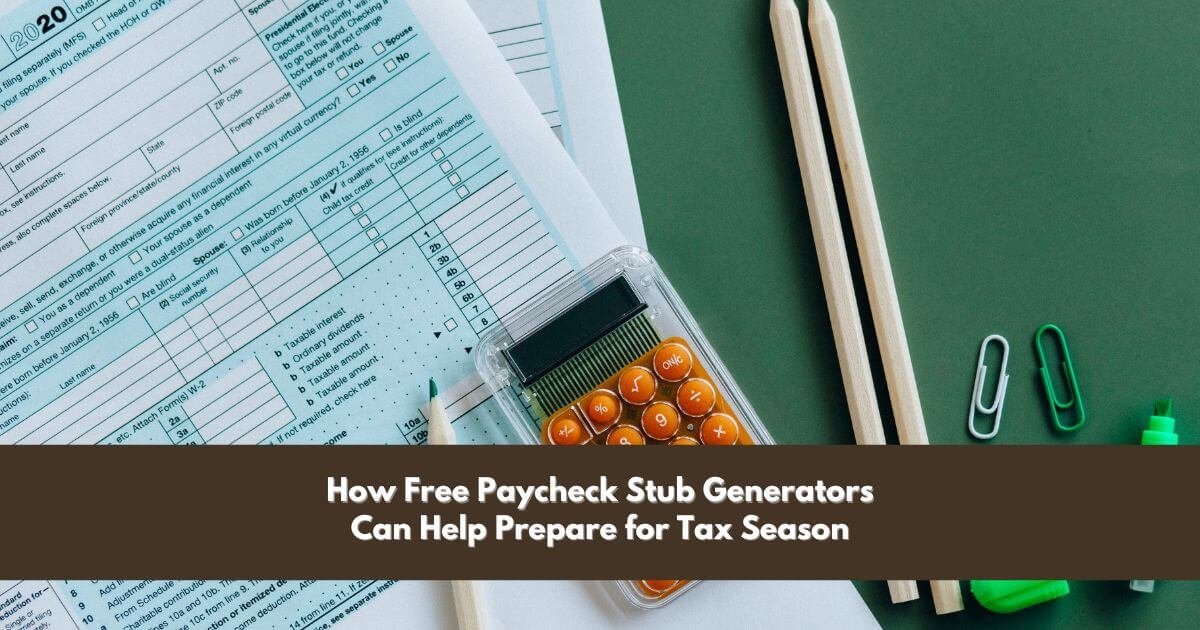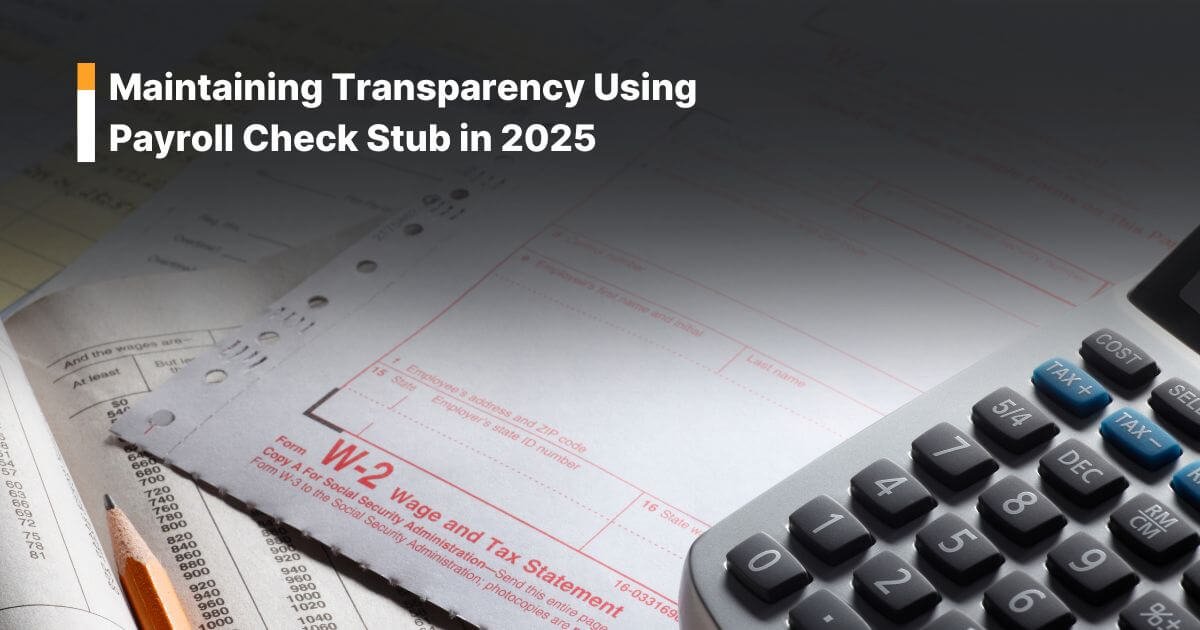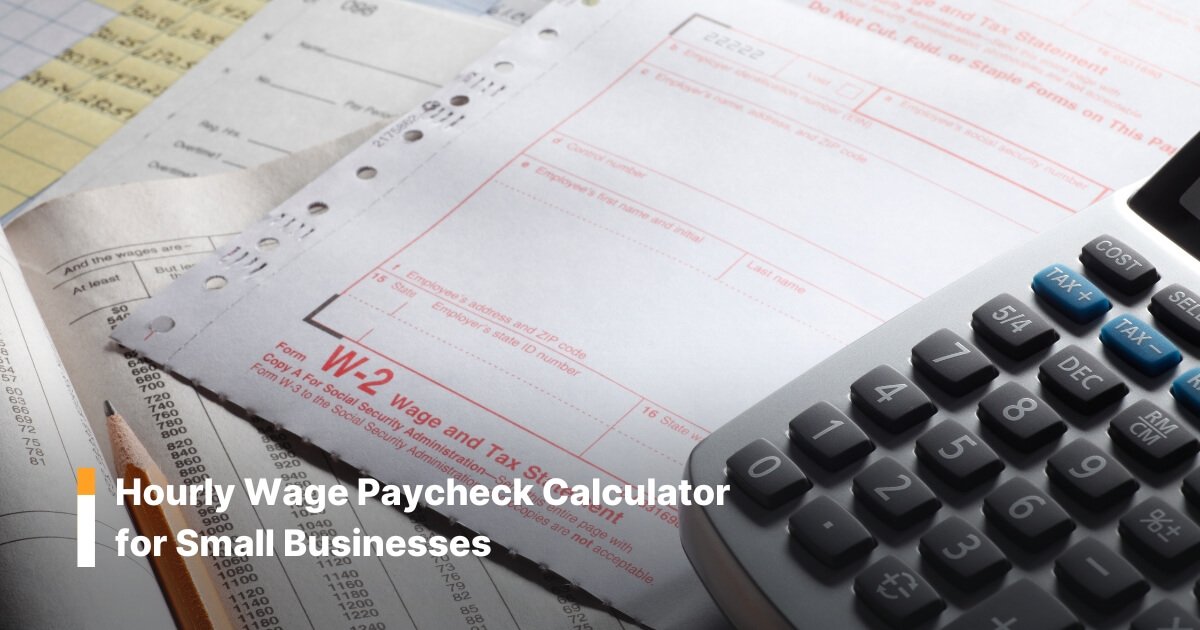Regardless of whether it’s for an occasion, birthday, or reward, you may choose to disperse gift cards to your employees. Giving gift vouchers to employees is an awesome method to demonstrate your appreciation. Yet, before you begin passing them out, catch up on your managerial responsibilities. Are gift vouchers a taxable form of income?
Employee’s gifts and advantages
There are IRS regulations on gift vouchers to employees. The IRS arranges a gift voucher as a kind of fringe benefit. Fringe benefits are benefits you provide for employees in addition to their consistent wages.
A fringe benefit can be taxable or nontaxable, contingent upon what it is. Taxable fringe benefits are liable to federal income tax, Social Security, Medicare, and FUTA taxes. Nontaxable fringe benefits might be barred from one, a few, or a wide range of taxes.
Many occasions or other rare blessings to employees are considered fringe benefits. Fringe benefits are things of low esteem that you provide for your employees. Since they are occasional and low-esteemed offerings, you don’t have to incorporate them into your workers’ wages or withhold taxes from them. Cases of non-taxable benefits to workers include fruit baskets, holiday hams, or company parties.
In any case, money isn’t viewed as a fringe benefit. Money, similar to a holiday pay reward, is a taxable fringe benefit. Money is a supplemental wage (e.g., reward or commission pay). Supplemental wages will be compensation paid in addition to an employee’s standard wages. That implies you have to incorporate the measure of the trade benefits into every worker’s taxable salary.
Anyway, is a gift voucher a taxable salary, or is it a fringe benefit?
Are gift vouchers taxable for salary?
As indicated by the IRS, gift vouchers for workers are considered money-equivalent things. Like money, gift vouchers are constantly incorporated into a worker’s pay.
Things being what they are, are gift vouchers taxable? Yes—you should record the value and pay the fitting tax measure. The taxation of gift vouchers to employees works identically to other supplemental wages.
Supplemental wages are liable to federal, Social Security, and Medicare taxes. If appropriate, they are additionally subject to the state’s supplemental wages tax rate.
You can withhold federal income taxes on gift vouchers in one of two ways:
- Percentage technique: Withhold a flat rate of 25% for taxes
- Aggregate technique: Add an incentive to normal wages and withhold taxes on the consolidated sum
To rearrange the process toward withholding taxes on gift vouchers, numerous entrepreneurs utilize the percentage strategy.
Representing gift vouchers given to employees
When you give gift vouchers to workers, you should incorporate the value in the employee’s wages on Form W-2. Incorporate the sum in box 1 (wages, tips, other pay), box 3 (Social Security wages), and box 5 (Medicare wages and tips).
You can likewise report the aggregate sum of fringe benefits you give employees in box 14 (Other) on Form W-2.
IRS rules on gift vouchers to workers’ exemption
Gift vouchers can be exempt from taxes in particular circumstances. Gift certificates you give employees for a specific thing that is insignificant in value, such as a gift voucher that must be redeemed for a ham, may qualify as a fringe benefit. However, if your gift voucher is useful for general stock, such as a gift voucher to a noteworthy retailer, you should withhold taxes on it.
If you have questions about whether you have to withhold taxes on gift vouchers, consult a tax professional.
Also, See: New Forms W-4 by IRS
FAQ's Are employee gift cards taxable income? + Employee gift cards are generally considered taxable income and should be reported on the employee's W-2 form. The value of the gift card should be included in the employee's gross income and is subject to federal and state income taxes and Social Security and Medicare taxes. Are there any exceptions to the taxability of employee gift cards? + There are some exceptions to the taxability of employee gift cards. For example, gift cards of nominal value, such as those given out for employee recognition or safety awards, may not be subject to taxation. Can employers deduct the cost of employee gift cards as a business expense? + Yes, employers can generally deduct the cost of employee gift cards as a business expense, subject to certain limitations. However, the deduction may be limited or disallowed if the gift card is considered taxable income to the employee.





